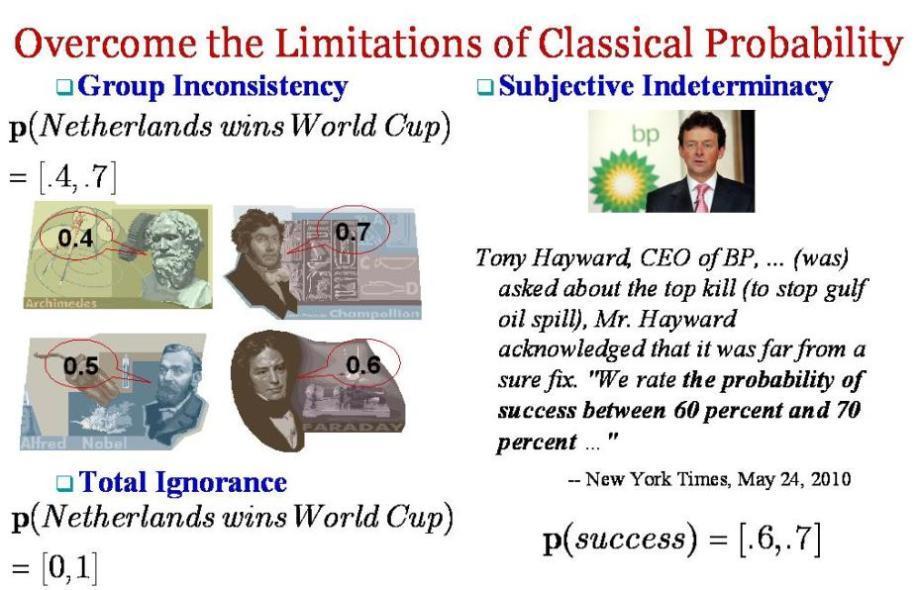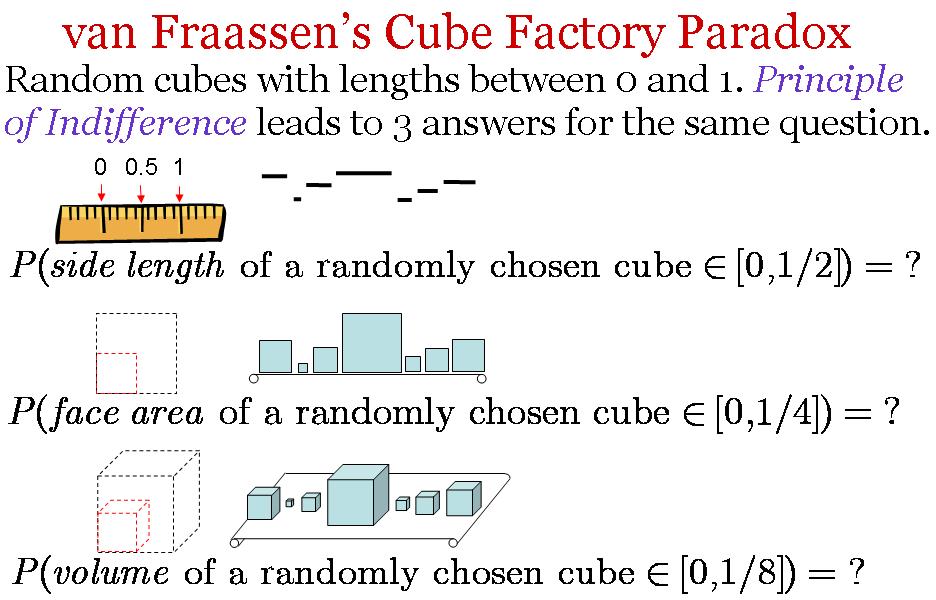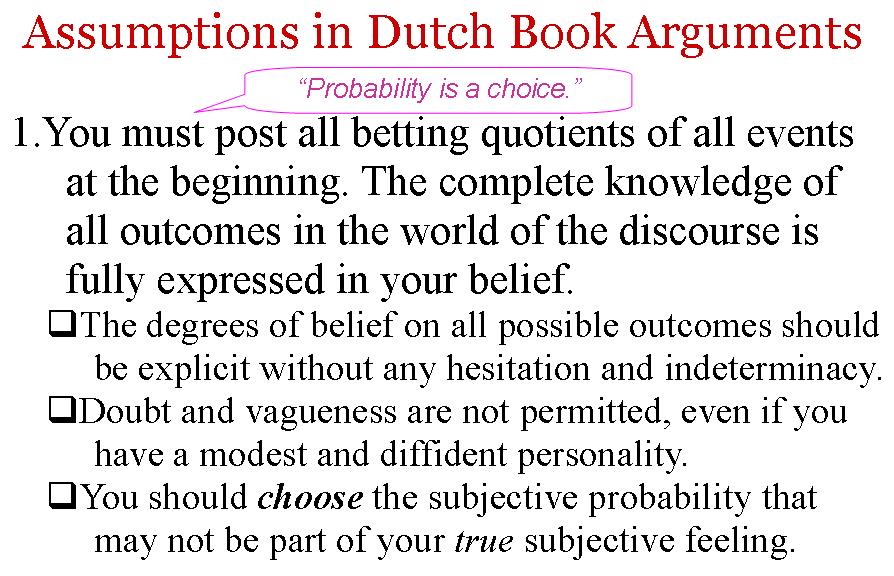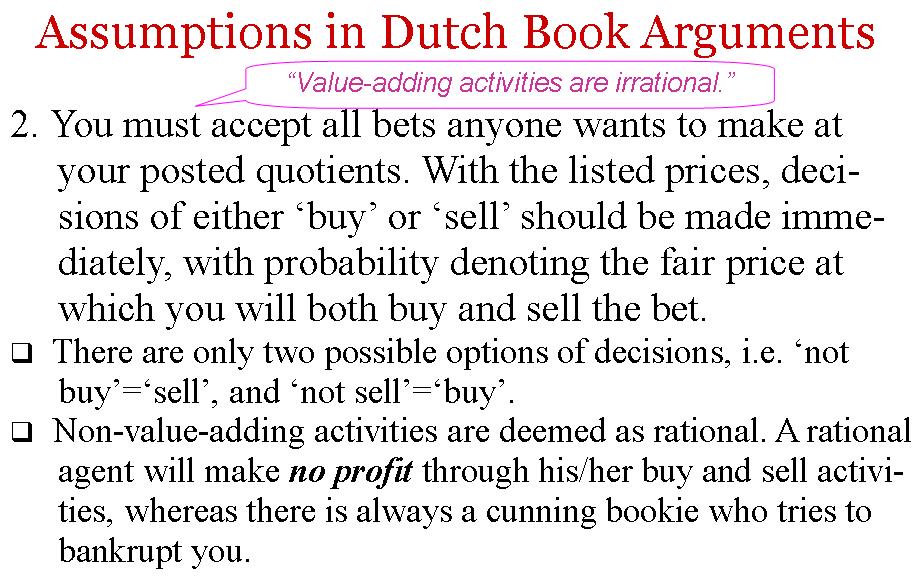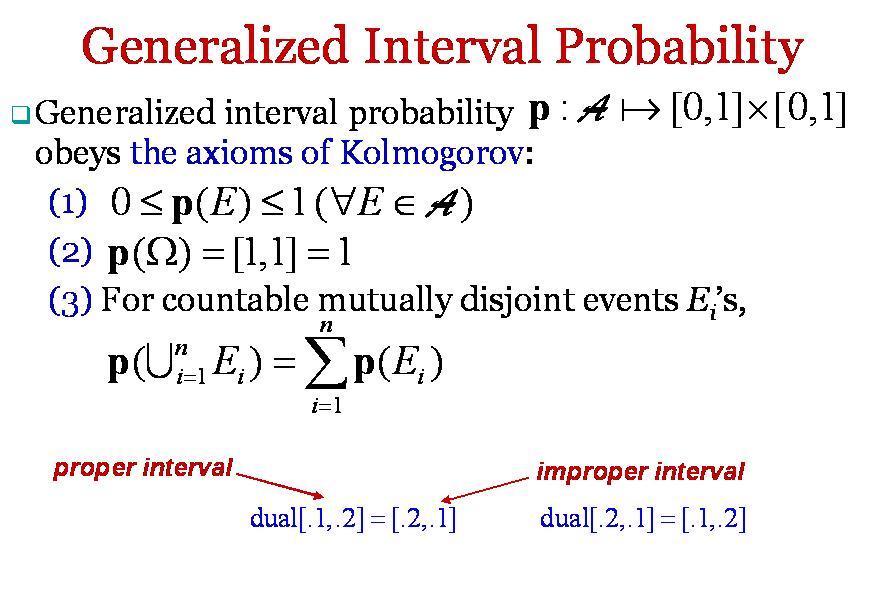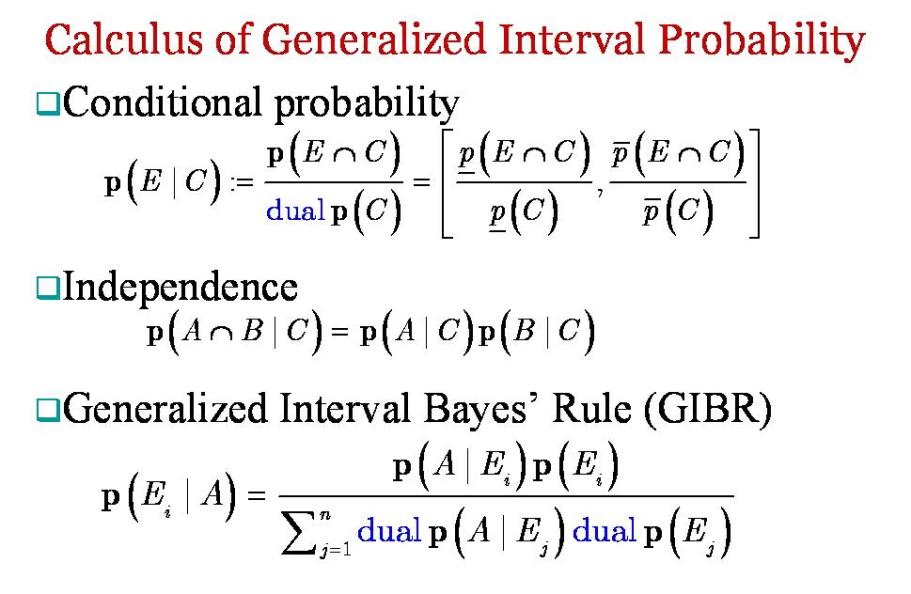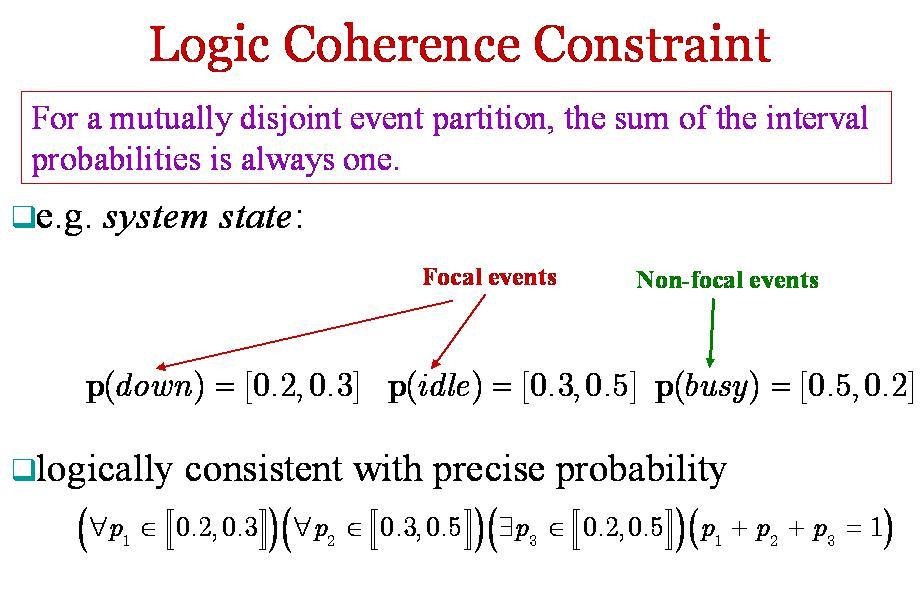Project: Generalized Interval Probability
The objective of this research is to develop a unified framework to quantify aleatory and epistemic uncertainties that is suitable for physical sciences and easily applicable in engineering domains.
Aleatory uncertainty is the inherent randomness because of dispersion and fluctuation in a physical system, whereas epistemic uncertainty is due to lack of perfect knowledge about the system. Given the very different natures and sources of the two, separate quantification in modeling and reasoning is helpful. Probability represents random dispersion well, whereas interval is natural to capture epistemic uncertainty.
Interval is as simple as a pair of numbers as the lower and upper bounds. There are two reasons of choosing interval to represent epistemic uncertainty. First, interval is natural to human users and simple to use. It has been widely used to represent a range of possible values, an estimate of lower and upper bounds for numerical errors, or the measurement error because of the available precision as the result of instrument calibration. Second, compared to other forms, interval has the least assumption to capture the lack of knowledge. It only needs two values, the lower and upper bounds. In contrast, other representations require more. For instance, statistical distributions need assumptions of distribution types, distribution parameters, and the functional mapping from an event to the real value domain between 0 and 1. Fuzzy sets typically need assumptions of lower and upper bounds, as well as membership functions.
